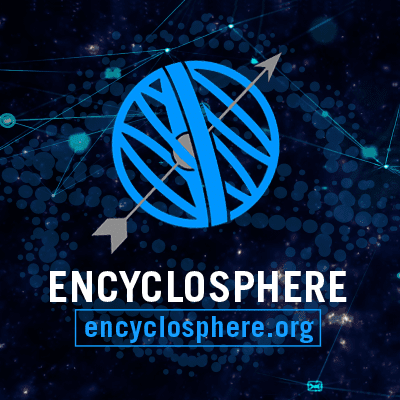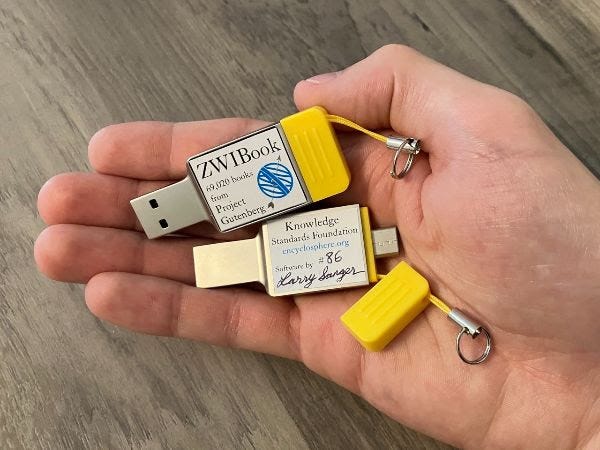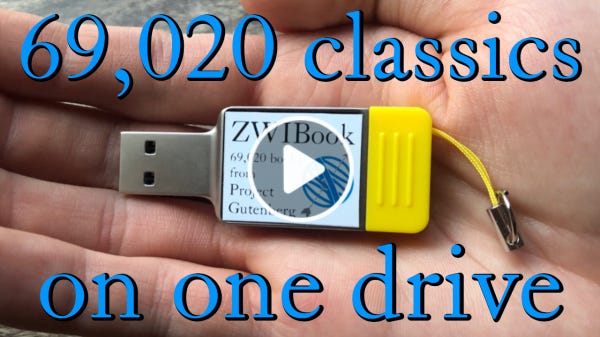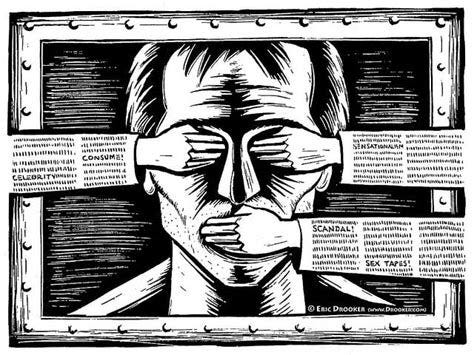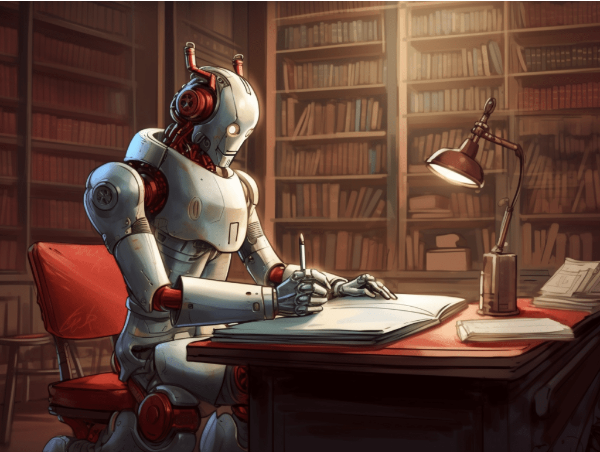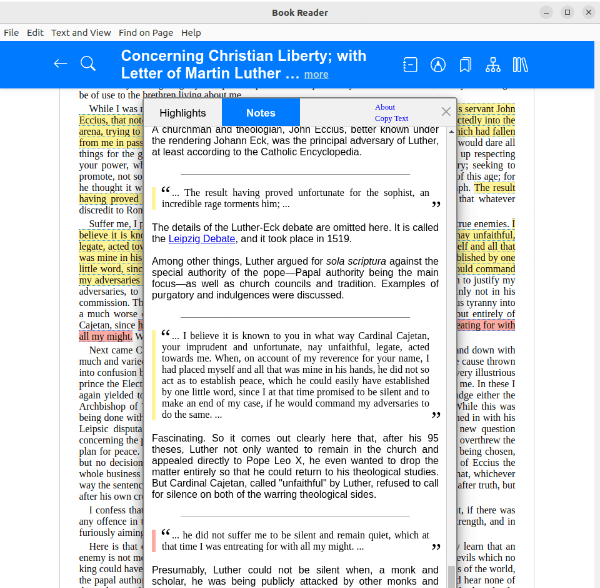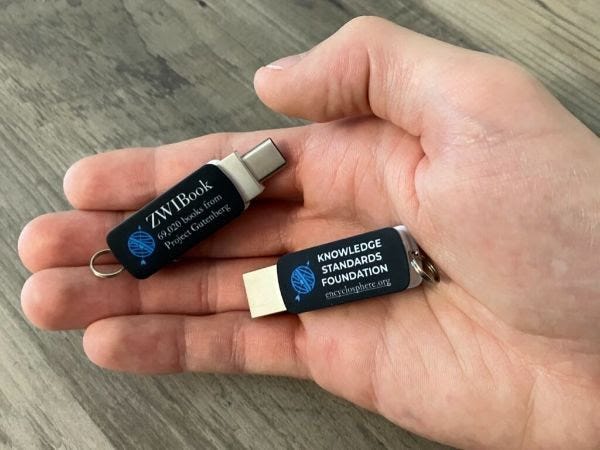How many books can you hold in your hand?
One of my heroes, Larry Sanger, has been committed to making knowledge freely accessible to the whole world for a long time. You would think that something like this would be celebrated, but unfortunately, in our moment of history, it is not.
While so many principalities and powers want to erect paywalls in front of knowledge, or use algorithms to only allow you to see the information they want you to see, Sanger has tirelessly worked to make knowledge free. Free to consume, free to use, free from restrictions. If you have not checked out the Knowledge Standards Foundation yet, do yourself a favor and browse their site.
Enough of my ramblings. Let’s get 70,000 books in your hands. Hear more from Mr. Sanger himself:
Dear friends of the Knowledge Standards Foundation,
Larry here. I want to show you what we've been working on for the last five months or so:
Can you hold 70,000 books in one hand?
You can, if you have a ZWIBook flash drive. (I made it myself.)
You can get all those books on a flash drive for a $50 paid to the 501(c)(3) nonprofit Knowledge Standards Foundation. $100 for a signed, numbered copy. The first reviews are in! This unique personal book archive officially launched this week.
You probably know about Project Gutenberg (PG). They have been collecting digital editions of public domain books since Michael S. Hart first typed in the Declaration of Independence and posted it online in 1971. Since then, the project has added free books at an increasing rate, passing the 70,000 mark this year.
If they’re online, why make these books available on a thumb drive?
It’s a massive library in your pocket.
With about 70,000 local copies of books, it’s pretty darned cool to know that, as long as you have this drive, you will be able to access all those books, even in a nuclear Armageddon. The fact that you can search and read the books, and highlight and take notes on them, on any computer with the drive just makes it better.Anti-censorship.
We are preserving knowledge—future-proofing culture, you might say—in the face of the very real threat of censorship. Having many copies of these thumb drives, with about 70,000 digitally signed book files, helps us as a society to guarantee that these books will never disappear. You can participate in this preservation effort!It's a backup of Western (and some Eastern) civilization.
AI concerns.
Our world is increasingly having to deal with AI-generated text, which makes it possible for unscrupulous people to counterfeit data. Your copy of the Project Gutenberg library is a massive trove of human-written content; the fact that the books are stored offline means your copies are stable and unchanging; and the digitally-signed ZWI format proves they are reliable.Support the 501(c)(3) nonprofit Knowledge Standards Foundation.
Free knowledge is what the Internet is for, as far as I’m concerned. In the mission for free knowledge, PG preceded Wikipedia and, more recently, the Knowledge Standards Foundation, which is collecting all the free encyclopedic data into a single open network, the Encyclosphere. The KSF received FUTO‘s first “legendary grant,” for which we’re grateful. These funds are almost gone, however. So we made the drives as a mission-aligned fundraising tool.Hey, this software is actually good!
The reviews are in, and everybody loves ZWIBook. I wrote the software myself…well, ChatGPT and I did. But I am a stickler for testing, so there are virtually no known bugs. I put in the time needed to make this software delightful to use. Title search is fast and works well. The category feature is useful. The bookshelf lets you highlight particular books in the library and track your reading history.And as far as the reader itself goes, it works well:
Font choice and size, page zoom, bookmarks, highlighting and notes, find-on-page, and research tools (like submitting text to translate and to chatbots for comment). In my tests, the files looked consistently good—sometimes better than the Project Gutenberg originals.Great for:
High school, college, and graduate students
Homeschoolers
Teachers
Scholars
Offline travelers
As a gift
"I worked with Larry to help make Project Gutenberg contents available for the ZWIBook flash drive, and I’m very pleased with the outcome. One of the goals of Project Gutenberg is for individuals to have access to all literature and all the world’s knowledge. One of the ways of helping that happen is for people to have their own library – in their pockets, on their computers and mobile devices – and be able to share it. The ZWIBook Flash Drive does this: You get a massive personal library that you can read, annotate, and share. The collection is nicely done, with a helpful interface. The software gives you capabilities to search and use the library."
—Dr. Greg Newby, Director and CEO of Project Gutenberg Literary Archive Foundation, and owner of #26.
Where to order.
Go to shop.encyclosphere.org to get yours!To the philanthropists out there:
The KSF is running on empty. We aren't trying to make anybody rich, and we aren't aiming to do anything but spread free and uncensored knowledge; maybe that's the problem.
While we will never, ever sell out—so, the Encyclosphere will be a labor of love if necessary—we have important work planned. We want to expand and improve the Encyclosphere holdings and put a free AI front end on it. We also want to sell complete network server nodes, even possibly with more than one server racks holding not just all the free encyclopedias but all the free books in Archive.org as well. (There is only one backup of archive.org. Internet Archive lead engineer Jason Scott told me there is only one backup of IA. Seems risky.)
Treasured knowledge needs to exist in many independent copies and jurisdictions. You can't have real decentralization without many distributed copies. And you can't have usable copies without top-notch software for data search and display (as ZWIBook does for Project Gutenberg). ZWIBook illustrates at a small scale what we, who love freedom of information, must do with all the free encyclopedias and books.
Please donate generously. We need it!
Thanks for reading this far.
All the best,
Larry Sanger
President, Knowledge Standards Foundation


